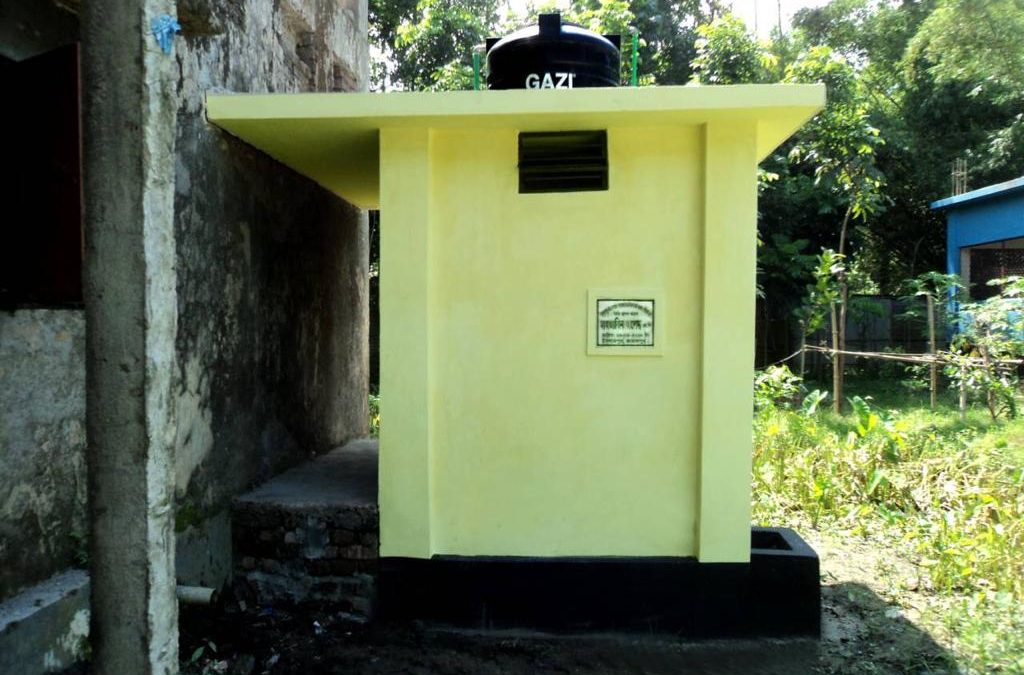The United Nation General Assembly formally recognised November 19 as the World Toilet Day in 2013.Defecating in open spreads various life-threatening diseases. World Toilet Day aims to tackle the global sanitation crisis ,promote sanitation and also help break taboos around toilets. According to the United Nations, the day aims to provide access to sustainable sanitation to all by 2030. According to the UN, the theme for World Toilet Day 2019 is ‘Leaving No One Behind. Sanitation is a person’s human right and despite that even today, 4.2 billion people are deprived of safely managed sanitation, the UN says.
Since people often relieve themselves near water sources (to clean themselves and remove the waste) and faeces attract
vectors such as flies, diseases spread fast. Where open defecation is practised, more children die—according to one estimate, it kills 1.5m children under five every year. Women, usually excluded from the dawn assembly, have to risk
embarrassment, assault and worse with sorties in the dark. A toilet is not just a toilet. It’s a life-saver, dignity-protector and
opportunity-maker. Whoever you are, wherever you are, sanitation is your human right.
The provision of toilets is a necessary first step in addressing the complex sanitation challenge, though we must transform our thinking to deploy both old and new solutions in smarter ways. We need to better understand how sanitation impacts the function and form of cities and how it supports economic development and promotes equity.

About 2.5 million people in the world do not have access to a toilet. This leads to poor sanitation which causes disease and death. 1000 children died per day in 2013 due to diarrheal disease from poor sanitation. Attendance rates for girls in school decrease when there is no access to a clean and safe toilet. Toilet promotes health, dignity and wellbeing for all through sustainable sanitation by calling on the global community to do more to address the sanitation crisis. Billions of people around the world live in communities with little or no effective sanitation treatment. Without sanitation treatment it gets out into the environment and spreads killer diseases, seriously undermining progress in health and child survival. As it is important to have access to food and water, it is equally important for a human being to have access to a clean toilet to bring health, well-being and to establish human dignity UN’s “sustainable development goals (SDGs) adopted by the world’s leaders in 2015 reads: “By 2030, achieve access to adequate and equitable sanitation and hygiene for all and end open defecation, paying special attention to the needs of women and girls and those in vulnerable situations.” An “interim” target brings forward to 2025 the date for ending open defecation”. Keeping in mind of (SDG) goal Khaled Mosharraf Trust is investing to build separate toilets for girls in the public schools.

An effort to reduce the number of girls dropping out especially once their menstruation starts ,the trust is working with students regularly with awareness programs such as UTI , child marriage ,teenage pregnancy and still birth and diseases which are all connected to a decent toilet .We believe apart from providing privacy, these girls toilets will also boost sanitation and health generally. With the generous sponsorship from our partnering organization YoungOne Corporation.We have successfully installed 2 washrooms each in 30 schools in Islampur upojela ,jalampur district . These washrooms are private rooms with secured doors and locks ,equipped with bulbs inside and outside , running water to flush and basins to wash hands .
School List:
Islampur high school, Islampur upojela, Jamalpur district.
Molomjonj high school, islampur upojela, Jamalpur district.
Belgacha high school & B. M college, Islampur upojela. Jamalpur district.


Recent Comments